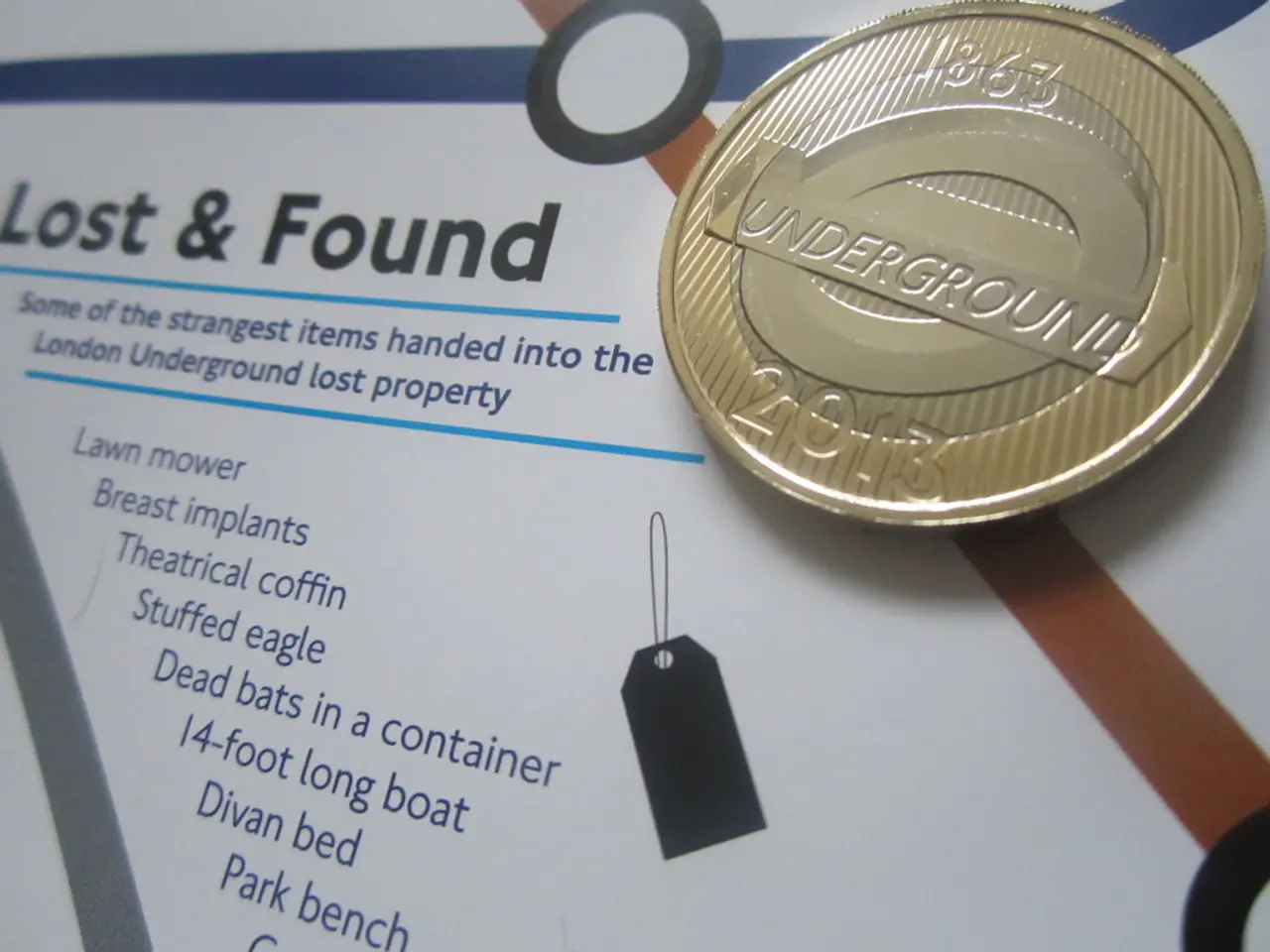Everyday Danish terminology: Cash (Kontant)
=================================================================
In the Danish language, the word 'Kontant' holds a rich history and a variety of meanings. While it is most commonly known as the equivalent of the English word 'cash', it has also been used in other contexts throughout the years.
First and foremost, 'Kontant' is the Danish word for cash. It is derived from the Italian word "contante", which also means cash. When you hear 'kontanter', you are referring to the plural form. A cashier might ask 'har du kontanter?' (do you have cash?).
When you hear 'firmaet byder 20 milliarder kontant', it does not mean the company literally has the full amount in kroner notes, but rather they are able to make the entire payment immediately.
'Kontant' can also be used as an adverb in phrases like 'at betale kontant' (to pay in cash) and 'at købe kontant' (usually meaning 'to buy outright'). For example, 'restauranten tager kun i mod kontant betaling' means 'the restaurant only accepts cash payments'. Similarly, 'de køber huset kontant' means 'you'd be paying the entire cost of the property in one go rather than taking out a mortgage'.
Interestingly, 'kontant' was used to mean 'content' or 'satisfied' a few centuries ago. These days, it is almost obsolete in that sense, but you'll still sometimes hear the phrase 'at være kontant' which means 'to be firm' about something. An example of 'at være kontant' in use is 'hun svarede med et kontant 'nej', da jeg spurgte om jeg måtte låne hendes bil' (she answered with a firm 'no' when I asked to borrow her car).
Lastly, the word 'kontantfri' is a compound word in Danish that means 'cash-free'. This term is increasingly common in the modern world as more and more transactions are moving away from physical cash.
In Danish, the phrase 'hun svarede med et kontant 'nej'" does not involve any cash transaction. Instead, it is an example of the use of 'kontant' in the sense of 'firm' or 'decisive'.
So, the next time you find yourself in Denmark, remember that 'Kontant' is more than just the physical money you carry in your wallet. It's a versatile word with a fascinating history that has evolved over time.




